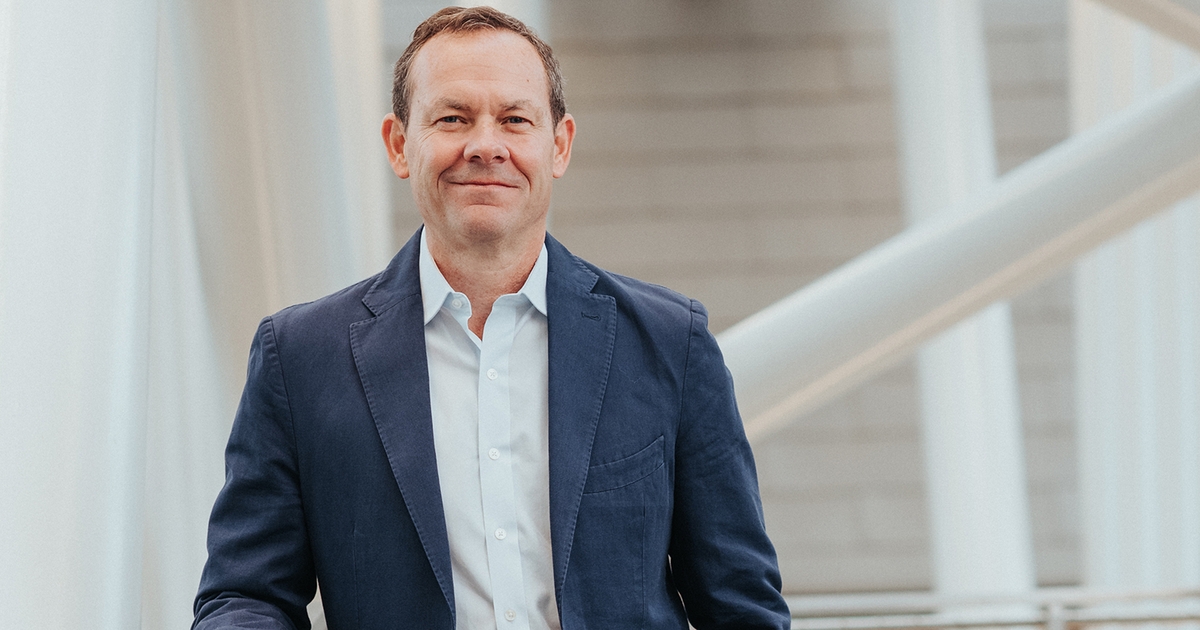TriplePundit • Americans Are More Money-Stressed Than Ever. Credit Unions Are Stepping Up to Help.

It’s no secret that the stress of managing finances can negatively impact a person’s physical and emotional well-being, even more so for people struggling to get by on lower incomes. Research shows that people experiencing financial difficulties may report increased feelings of isolation, shame and disconnection.
A recent study by the Harvard Graduate School of Education, for example, found that Americans earning less than $30,000 annually are the loneliest group in the country. Financial hardship often leads people to pull away from their support networks, deepening a cycle of isolation and struggle, researchers at Ohio State found. With around 1 in 3 Americans now living paycheck to paycheck, the mental toll of financial stress is a real and pervasive problem impacting people and communities across the country.
The structure and mission of credit unions positions them to help in ways commercial banks can’t or won’t. Credit unions don’t operate like traditional banks — and that’s the point. They’re structured as nonprofit member-owned cooperatives, regulated and taxed differently from commercial banks, and are designed to provide affordable financial services rather than to maximize shareholder profits.
“Unlike banks, credit unions do not pay business income tax. That structure allows them to reinvest earnings directly back into their members and the programs designed to support them,” said Sandra Sagehorn-Elliott, president and CEO of Vantage West Credit Union in Tucson, Arizona. “It’s a closed-loop system. The money we make stays in our ecosystem. We pour it back into our members.”
Instead of focusing solely on the bottom line, credit unions tend to listen closely to their members and create financial products that respond to real-world needs. “We can make a real difference in their lives,” Sagehorn-Elliott said. “If we make a little profit, that’s great. If we don’t, that’s okay too — because of how we’re structured.”
A recipe for debt and financial stress: Americans are constantly told to consume, but many lack financial literacy
Open any social media app, and you’ll be inundated with influencers showing off their supposedly lavish lifestyles. While it can be fun to see how the other half lives, social media scrolling has a dark side that includes what credit union CEO Mark Burgess called a “comparison is the thief of joy” mindset.
“People get to post the best parts of their life, but we don’t get to see their bank account,” said Burgess, CEO of Credit Union 1 in Anchorage, Alaska. “We see them in a brand new, beautiful car, but we don’t see the debt that might come along with it. People often feel pressure to match the lifestyles of others, without knowing whether that wealth comes from a trust fund or from mounting debt. The result can be financial stress, loneliness and a lack of direction.”
Meanwhile, the average American sees an estimated 10,000 ads every day. Yet around half of U.S. adults don’t understand the basics of personal finance. That makes people more likely to go into debt on high-interest credit cards or pay-over-time schemes as they strive to keep up with the Joneses, or lose out on opportunities to build wealth. They’re also less equipped to handle crisis situations, like a sudden expense or a death in the family, when they happen.
Credit unions work to ease isolation by providing access to financial counselors who can help people navigate crisis situations and build confidence in managing their money. Having someone trustworthy and knowledgeable to speak with can make all the difference for people, and where commercial banks often fail to provide these services, credit unions step in.
Burgess recalled one case where an employee’s friend was overwhelmed by the costs of maintaining her late mother’s home on a single income. A counselor sat down with her, built a financial plan, and consolidated her debt into a single home equity line of credit with lower payments — helping her stretch paychecks further and feel like she could finally get ahead.
Another member looking for a loan to fix her car was turned away by multiple banks before Credit Union 1 said yes. Burgess happened to run into her some time later. “She said we really changed her life and her financial trajectory,” he recalled. “And that’s not unique to Alaska — credit unions have these stories all across the country.”
Many credit unions now train staff members as certified financial counselors and refer members to third-party organizations that provide financial counseling.
“We know not everyone is comfortable saying, ‘I need help,’” said Brett Martinez, CEO of Redwood Federal Credit Union in Santa Rosa, California. Redwood partners with a third-party service called BALANCE, staffed by certified financial counselors who can help with everything from buying a home or paying for college to rebuilding damaged credit.
One woman, facing mounting credit card debt, told Redwood staff she couldn’t bear the embarrassment of walking into a branch to talk about it. Through Redwood’s partnership with Balance, she was able to call a certified financial counselor anonymously, get a clear plan, and begin paying down her debt without fear of judgment.
“By covering the cost of counseling, we remove that barrier,” Martinez said. “Members can seek guidance privately, at their own pace, and know they’re still part of a supportive community.”
The structure of credit unions lets them serve the communities banks won’t
Credit unions often build products and programs based on what their members tell them the community needs, with a focus on people that traditional banks deem too high-risk to serve — including low-income families, people experiencing homelessness, and those returning to the community following incarceration.
For example, Vantage West in Tuscon joined with other credit unions to offer zero-down payment home loans to first-time buyers with low and middle incomes, bringing home ownership into reach for more members. It also partners with the New Freedom Project in Phoenix to support people who have recently been incarcerated with services including job training, mental health care and financial education.
“These are individuals who want to rebuild their lives, but too often they’re targeted by bad actors in the financial services industry who exploit their lack of knowledge. Our goal is to meet them with dignity as they begin this next chapter and to serve as a trusted resource and partner as they start again,” Sagehorn-Elliott explained. “Those are the kind of things credit unions do that really make a difference in people’s lives and tell them they’re not alone as they’re going through these challenges.”
U.S. credit unions create an estimated $93 billion in economic impact annually as they serve people the big banks won’t and reinvest deposits in personal, home and small business loans in their communities.
“We don’t get everything right every time, but because we live and work in the same communities as our members, we listen closely and care deeply about the issues that affect them,” said Tonita Webb, CEO of Verity Credit Union in Seattle. “Over time, community members have come to trust us. They share their experiences with family and friends, and that word-of-mouth helps us continue building those relationships … It’s not about coming in as saviors. It’s about listening and co-creating solutions that meet real needs.”



Post Comment